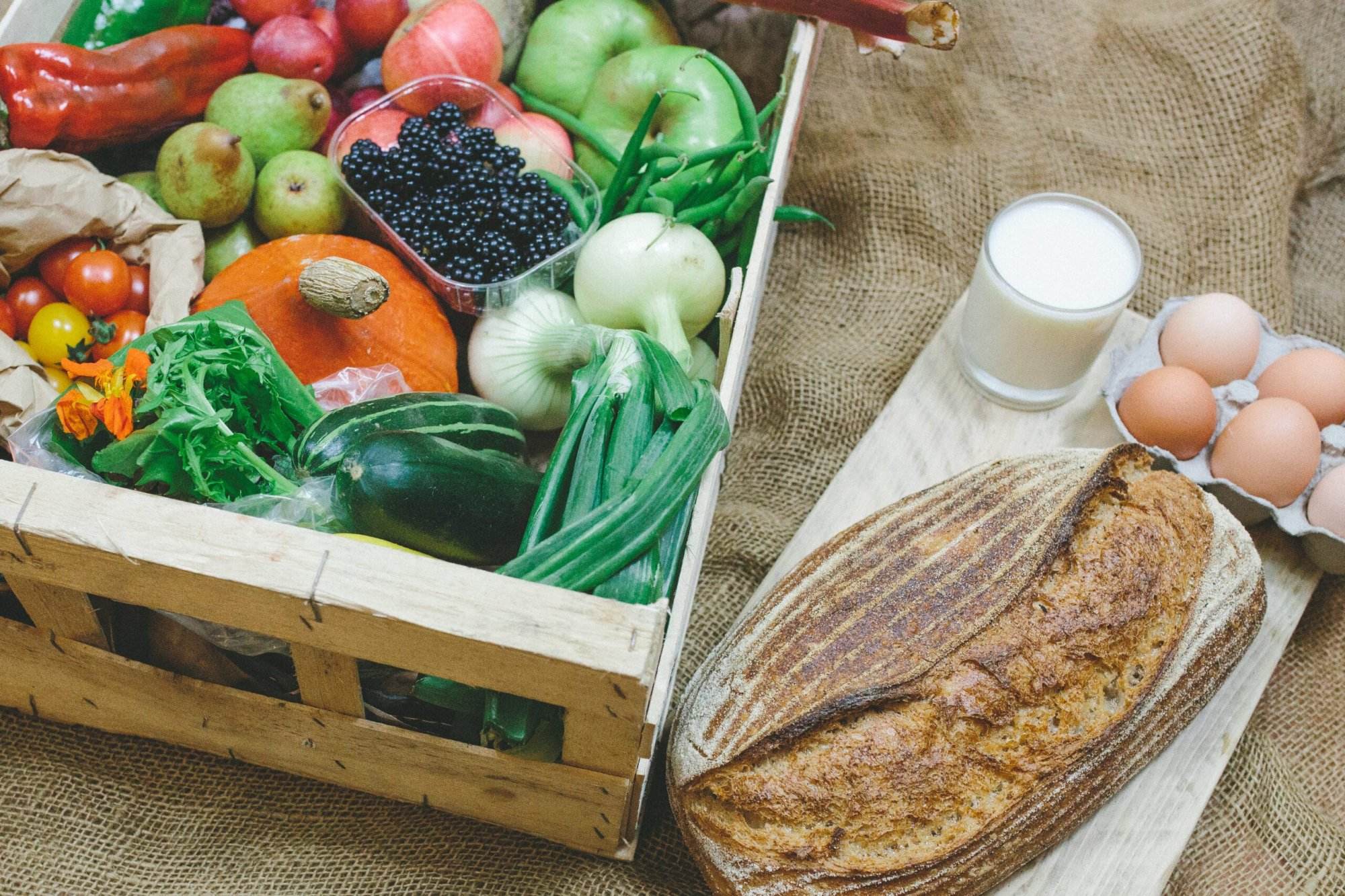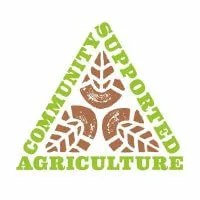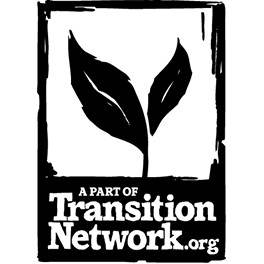

One of Regather’s core beliefs is that everyone should have access to good food. We also believe that farmers should be paid properly for what they do, in fact that all workers should be paid properly. We believe in building real wealth in the local community. This has never been a simple mission, and at the moment there are a fair few obstacles on the path. We don’t need to tell you that petrol prices are higher than ever at the moment, that food insecurity levels are rising and that the average energy bill has increased by 40% across the country. We don’t need to tell you because we’re seeing it every day at the petrol pump, at the checkout, in the news. What we can say is that we are certainly not alone. The cost of living crisis is being felt all over the world. From New Zealand to Nigeria, inflation across basics from food and energy to housing are drastically affecting the lives of many millions of people. The cost of vegetables in Australia has increased 12.7% year on year whilst the cost of fertiliser is up 120% in the last 24 months. In the Philippines the cost of corn has risen 24.4% and vegetables are up 15.2%. Food prices in Taiwan have gone up by 7.4% from 2021…. The list goes on. And the hardest being hit, as always, are socio-economically deprived and marginalised groups. But we’re not discouraged, these difficulties have only entrenched our values further, made us even more committed to our vision of a fairer, healthier food system.
So what is actually going on in the UK’s organic food market? How is that affecting our suppliers, customers and our team? What are we doing to adapt and push forward our values? And what do we think the future looks like?
Although the current crisis is hitting worldwide, it’s undeniable that the UK is experiencing a special combination of factors that is impacting people all over the country. From tax increases to energy giants profiteering, we’re feeling it at home, on the farm and in the packing hub. Further afield, the world’s biggest grain exporter has invaded the world’s second biggest grain exporter leading to severe supply issues. Red House Farm, our organic egg supplier in Cheshire is feeling the squeeze, and has been forced to increase prices.
“Due to the war in Ukraine, and the impact on the cereals market, feed prices have gone up by around 50% in 2022. We were paying £425 per ton in January, it’s £620 per ton at the moment. That’s an extra £1,500 every 6 weeks to us.” Lewis, Red House Farm, Cheshire
Russia is also a huge exporter of minerals (often used for fertilisers, in our case not) like phosphate which we’re lacking on the farm due to poor soil health. It’s not just conflict that’s causing our suppliers problems, energy costs and labour shortages (cough Brexit cough) are hammering even big organic farms like Strawberry Fields (remember our gorgeous crown prince squash from autumn 2021?). Closer to home on the Regather farm, generator costs have increased from £12 weekly to £20, this is just one of the big challenges we’re facing.
“I just don’t know any more. The price of [our] beet boxes has gone up 40p, yes 40p since this time last year to an astounding £1.29 and we can only get 45 on a pallet and from last Sunday fuel surcharge has gone up from 11% to 16% which means to transport a box now costs £1.21 and don’t get me started on labour which is what bunched beet is about. If I added how much it costs to transport to what we are getting ex-farm it would work out at much more.” Pam, Strawberry Fields, Lincolnshire
Tracking by the Food Foundation shows that the number of people struggling to buy food has gone up by 57% from January to April, now affecting 7.3 million adults. It’s not surprising then that organic box scheme customers all over the country are pausing, cancelling or moving to less frequent deliveries. The Better Food Traders network which brings together ethical farm-focused food traders around the UK, reports falling customer numbers across the network and is mobilising its members to work together to try to ease things for their customers and themselves. One of these solutions has been to introduce a box at a lower price such as our Basics Veg Box.
We’re working hard to bring our customers more directly into different areas of our work because as a cooperative we believe that innovation comes from collaboration. Our Farm Open Day on 30th July will bring folks closer to the action: we’ll be running tours and talking all things organic growing. We’ve also expanded our volunteering opportunities: both at the farm and through our garden club. We’re also very excited to be broadening our cooperative membership, so stay tuned for that later in the year! To build a stronger, more resilient food system we’re constantly looking at ways of collaborating with the community.
Whilst expanding in certain areas, we’ve had to limit others in order to adapt. During the lockdown we took on new staff to deal with increased demand. A few of these folks have since moved on and we haven’t been able to replace them. If they hadn’t left, in the face of a decline in customer numbers, we may have had to make members redundant. As dedicated Landworkers’ Alliance members that are committed to creating and improving employment in local food, this would have been a huge blow.
“a profit-making business might not see [shedding jobs] as a compromise. But for us, a big motivation is about creating employment.” Gareth, Regather

Other limitations have actually had positive effects. In order to reduce diesel costs we’ve taken one of our vans off the road and replaced it with extra electric trike rounds and customer collection. Not only has this reduced our fuel costs, it’s reducing our emissions: win, win!
To support our team, we’ve re-committed to paying the Real Living Wage (it’s our first anniversary, yay!). Currently, over two fifths of UK supermarket workers earn below the real living wage and may struggle to put food on their own table. We’re also frequently doing price comparisons with other organic produce and adjusting to make sure we’re offering the best value that we can.
There’s never going to be a simple, quick fix to issues like these, but we believe that local food for local people has an enormous role to play. Sustain – an alliance of organisations and communities advocating for a healthy and sustainable food system – outlines five local solutions that came out of a recent panel. These include local food partnerships who are experimenting with cooperatives (like us!), pantries, food hubs and affordable food projects that don’t rely on the just-in-time supply chains of supermarkets. Regather is part of Sheffield’s food partnership Sheffood who are doing just that. Sustain also argue for public money being used for public goods and points to Brighton & Hove Council’s Good Food Standards as a role model.
All well and good, but what can the average consumer do from home? We’ve gathered some tips to make the most out of your veg box, and cut down on energy use in the kitchen:
Prolong leafy veg life
“Lots of leafy stuff gets wasted in people’s fridges, because salad drawers don’t keep the produce moist enough. I’ve got a really big tupperware box and all my salad leaves, spinach, chard, kale and even pak choi go in there. Then leafy greens last 5 days, even longer.“
Fran Halsall, Regather
Move to collection
“Like a lot of families we’re feeling the pinch, but we really wanted to stay with Regather so we’ve started collecting our box. That way we save delivery costs and get to have a nice chat with people too.“
Regather Customer
Save oven energy
“I often turn my oven off 10 minutes ahead of the cooking time end and just let the accumulated heat take care of the rest. Doing this throughout the year saves a lot of energy.”
Fran Halsall, Regather (she’s full of great tips!)
Why not also check out some of the work our Sheffood Partners are doing across the city:







